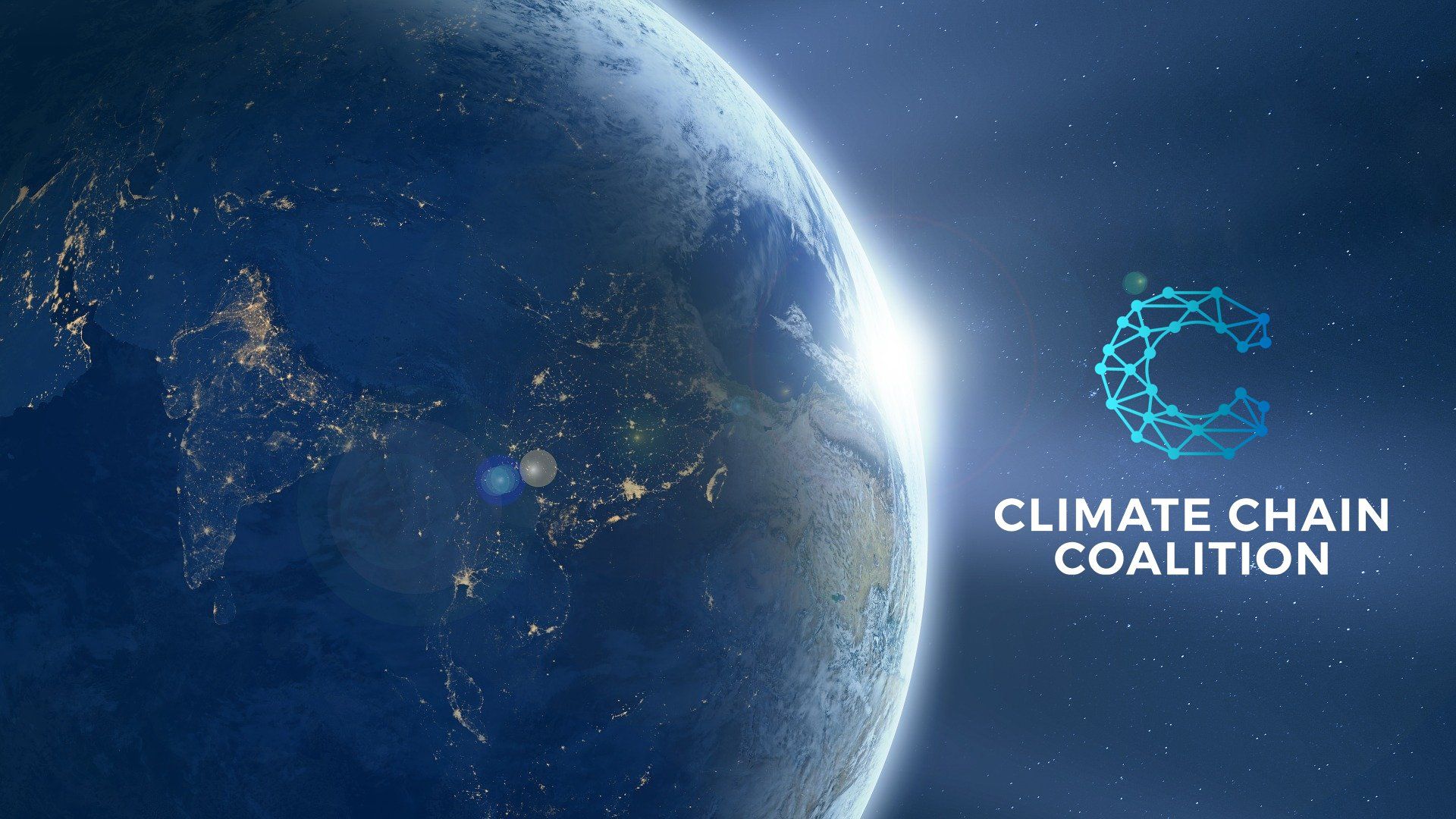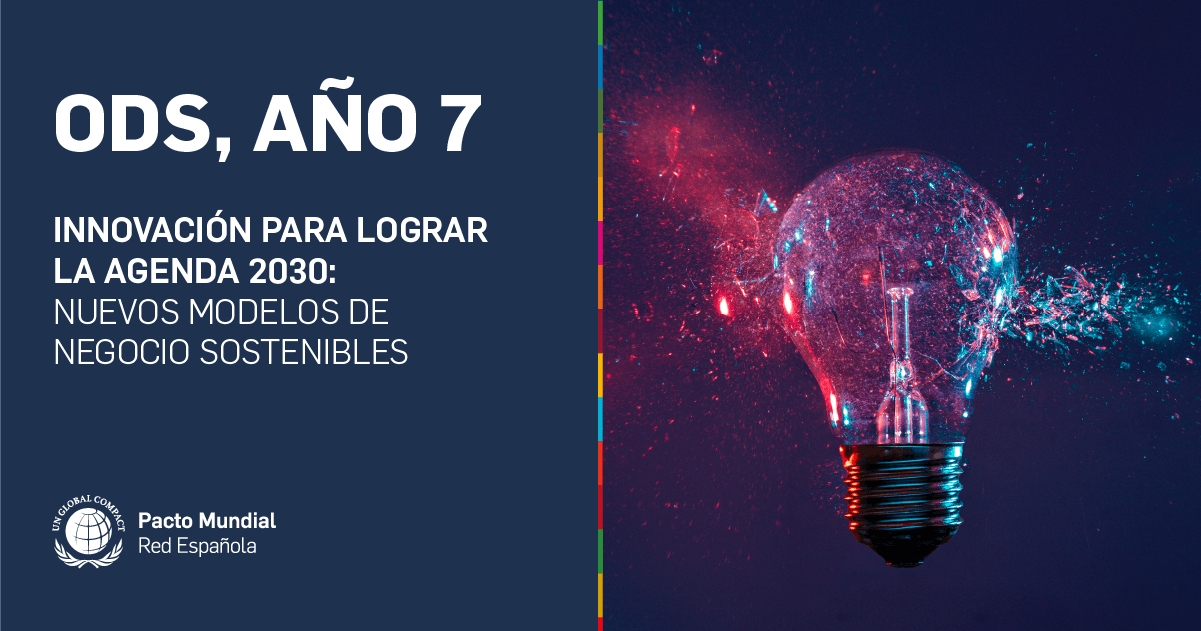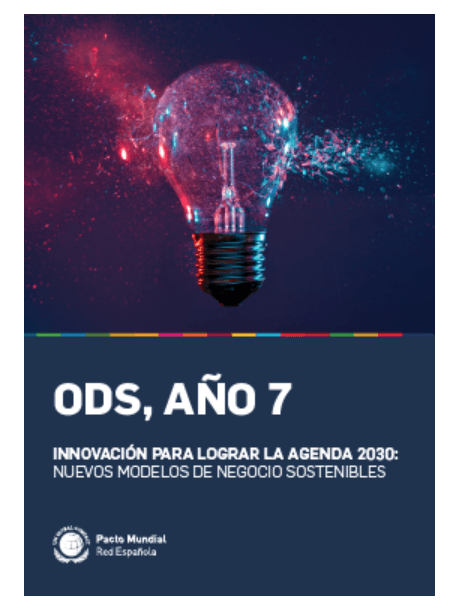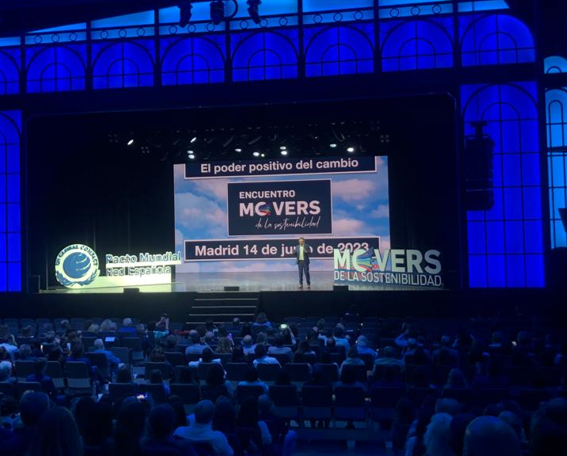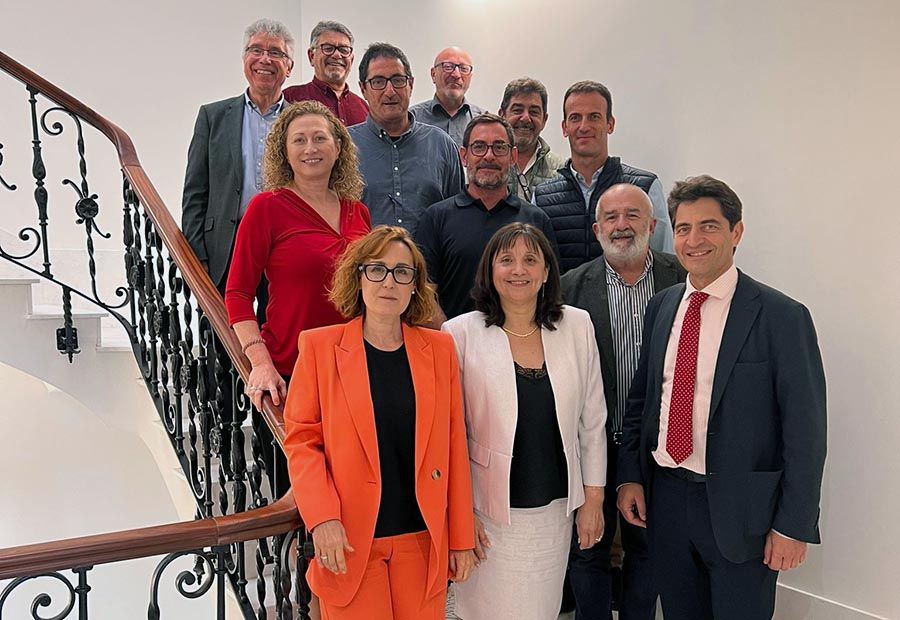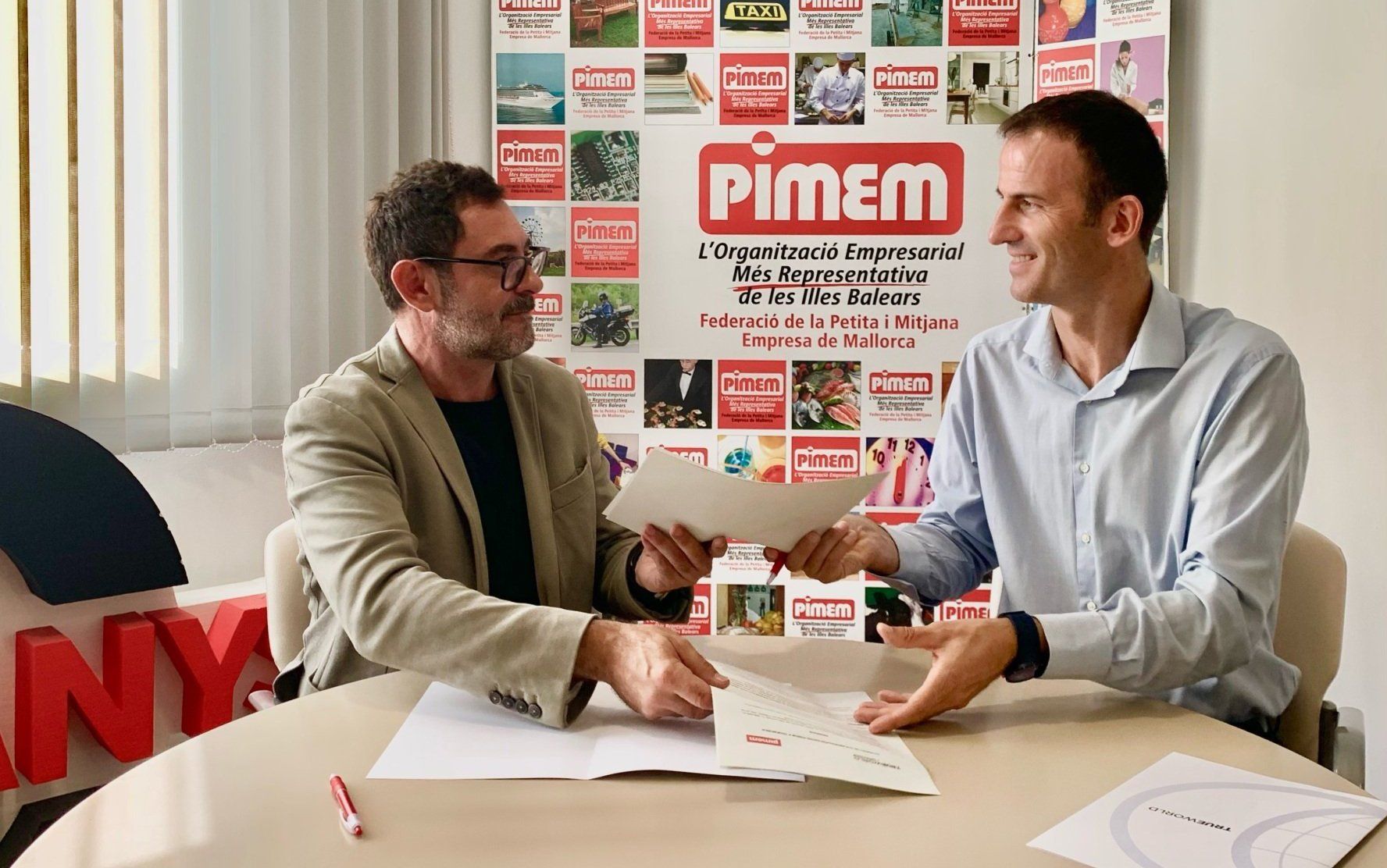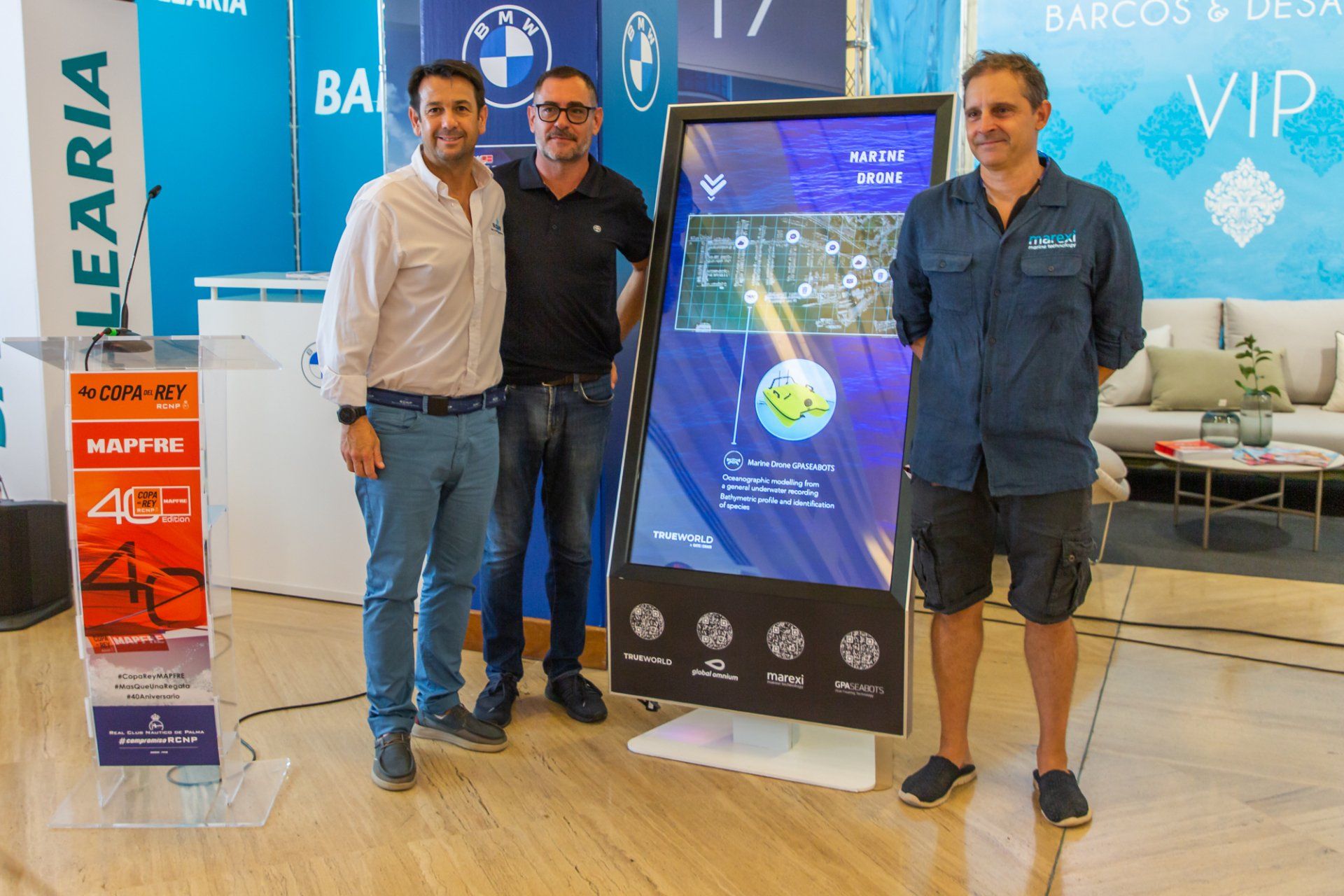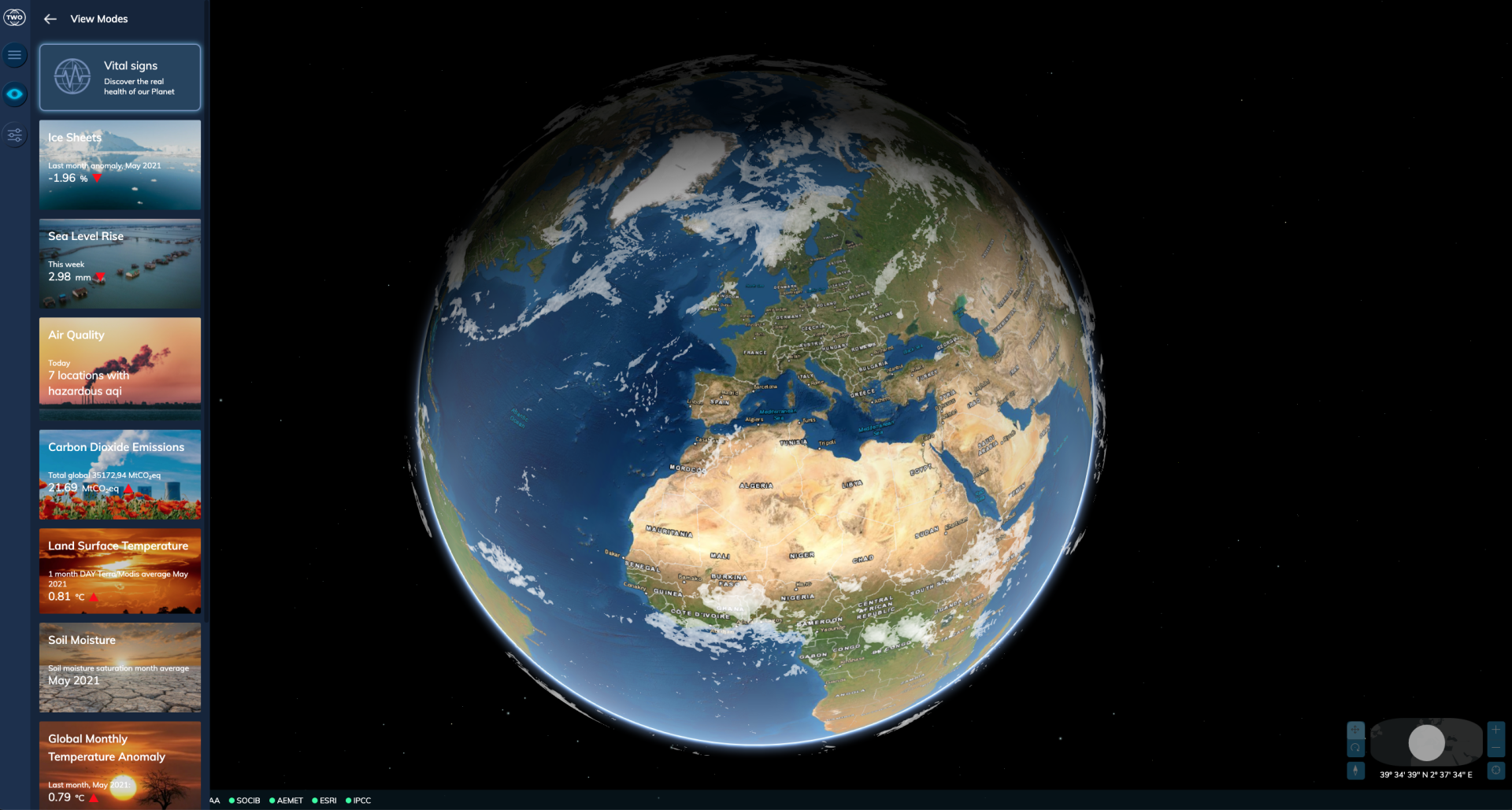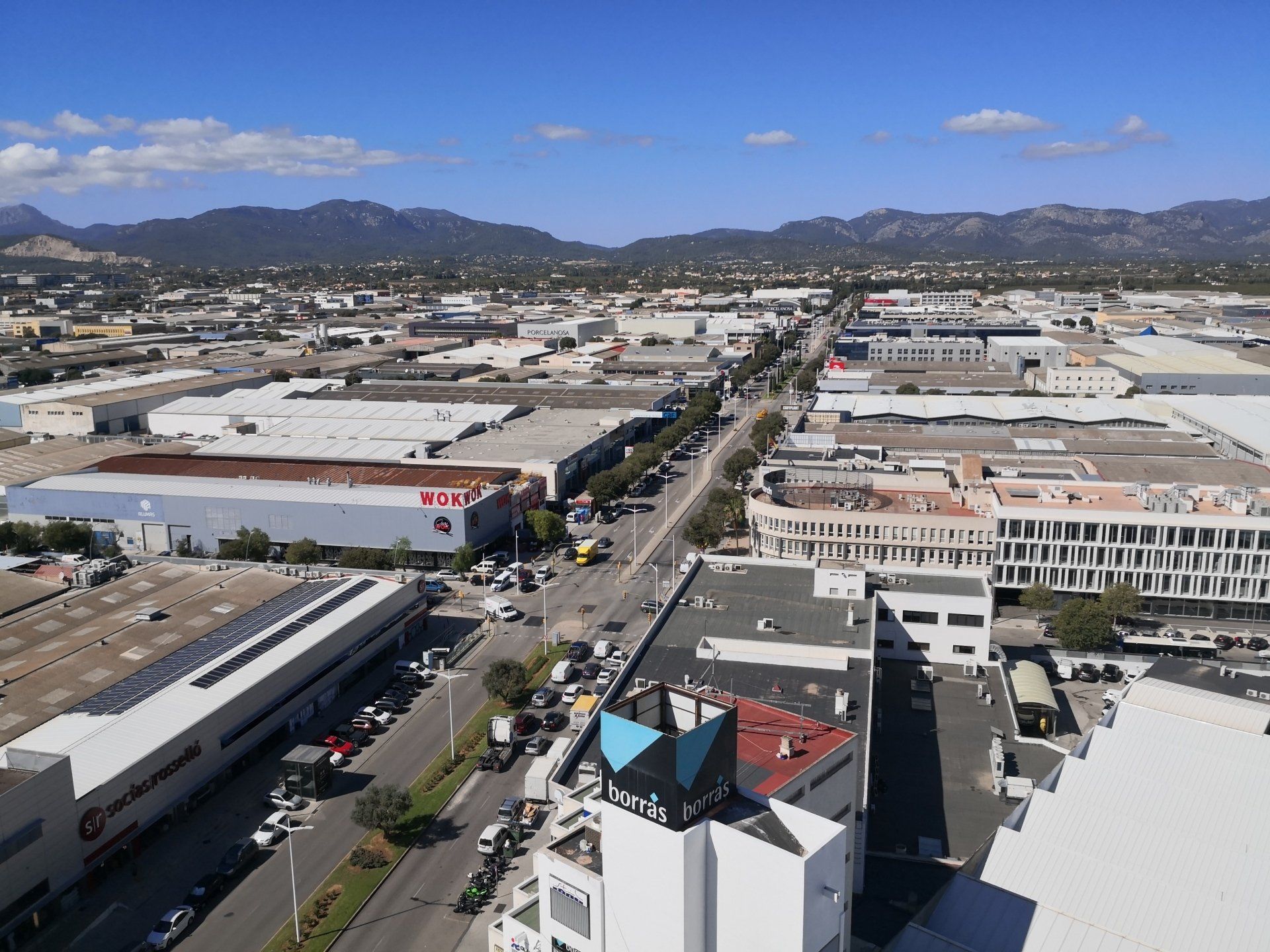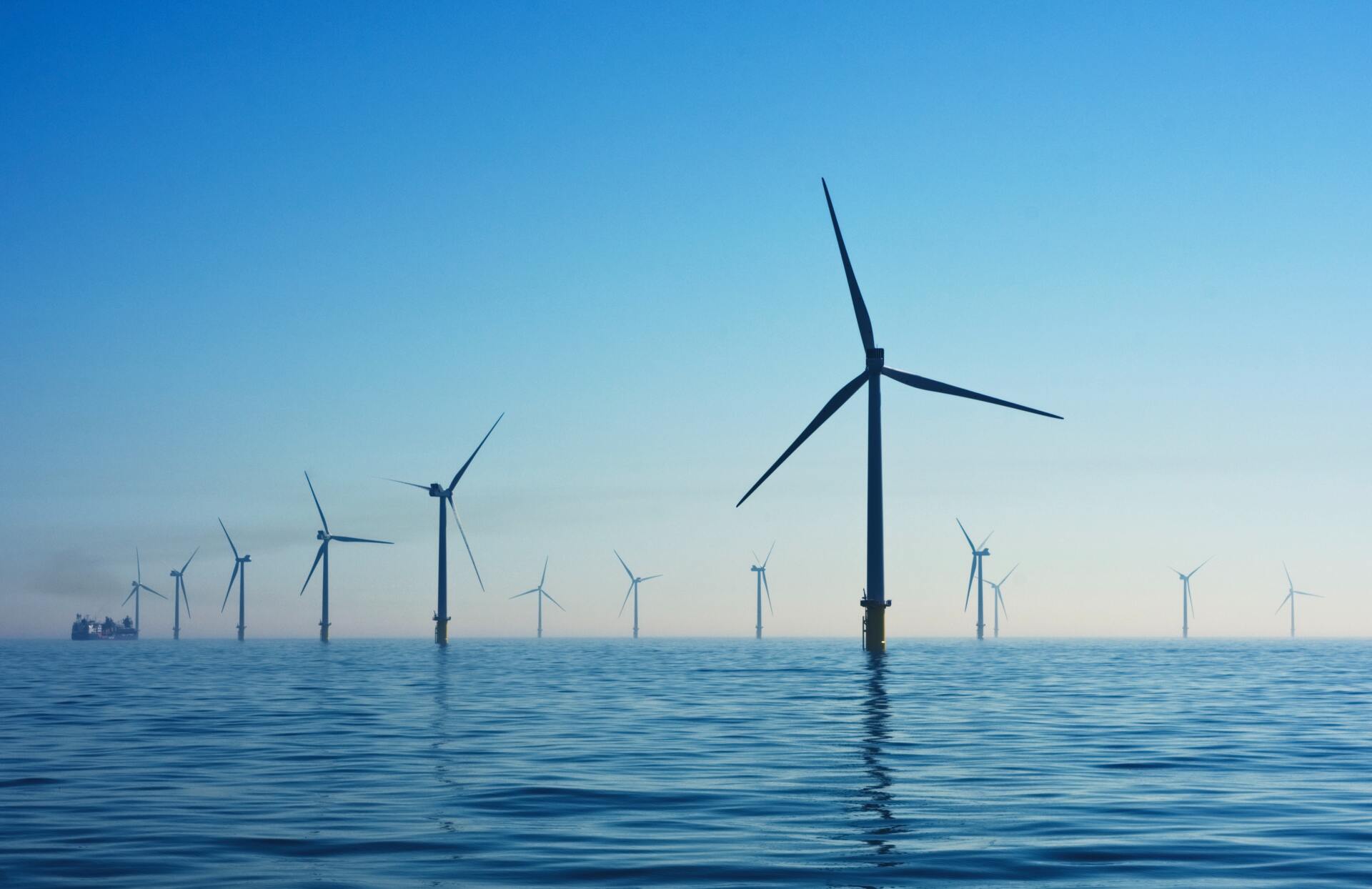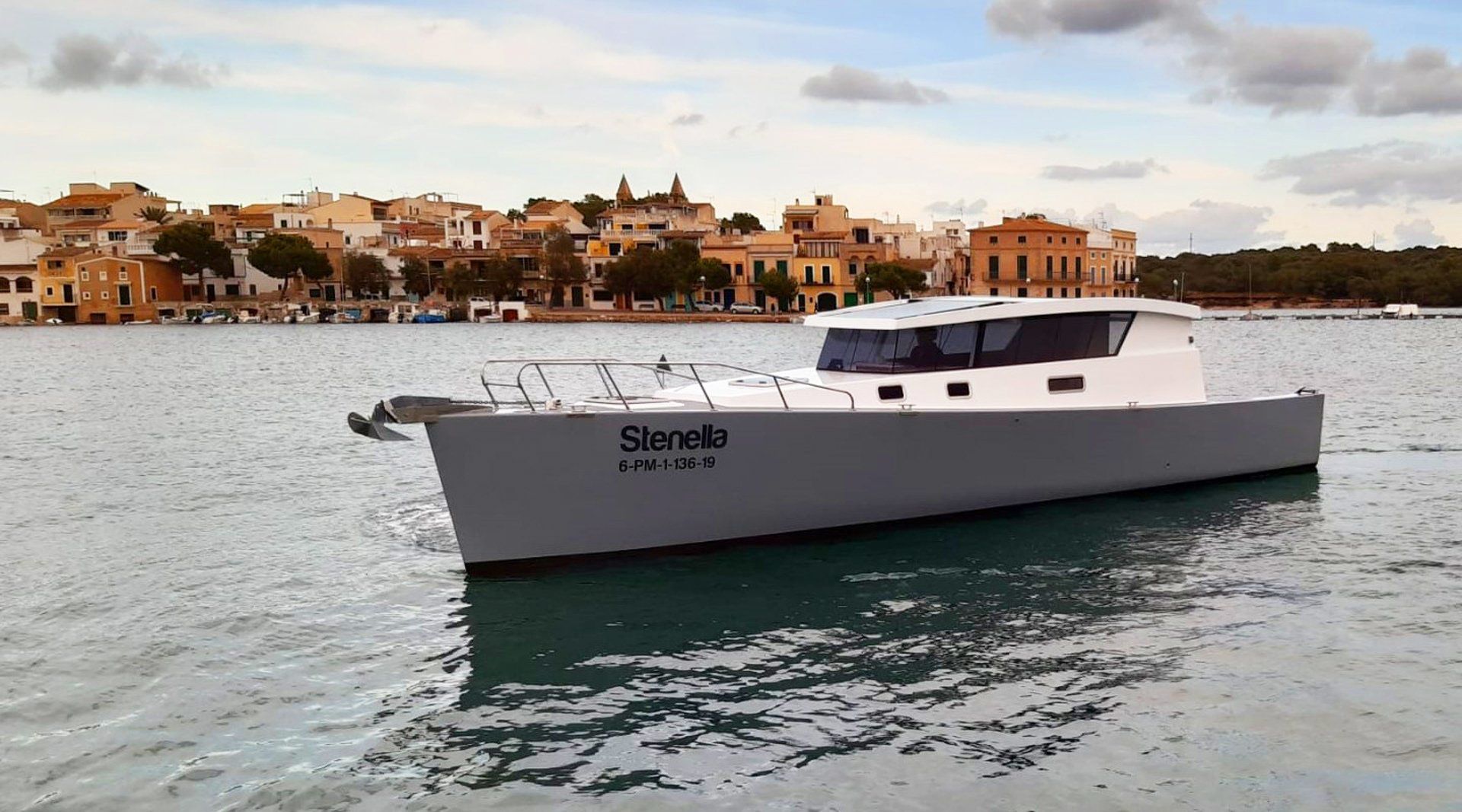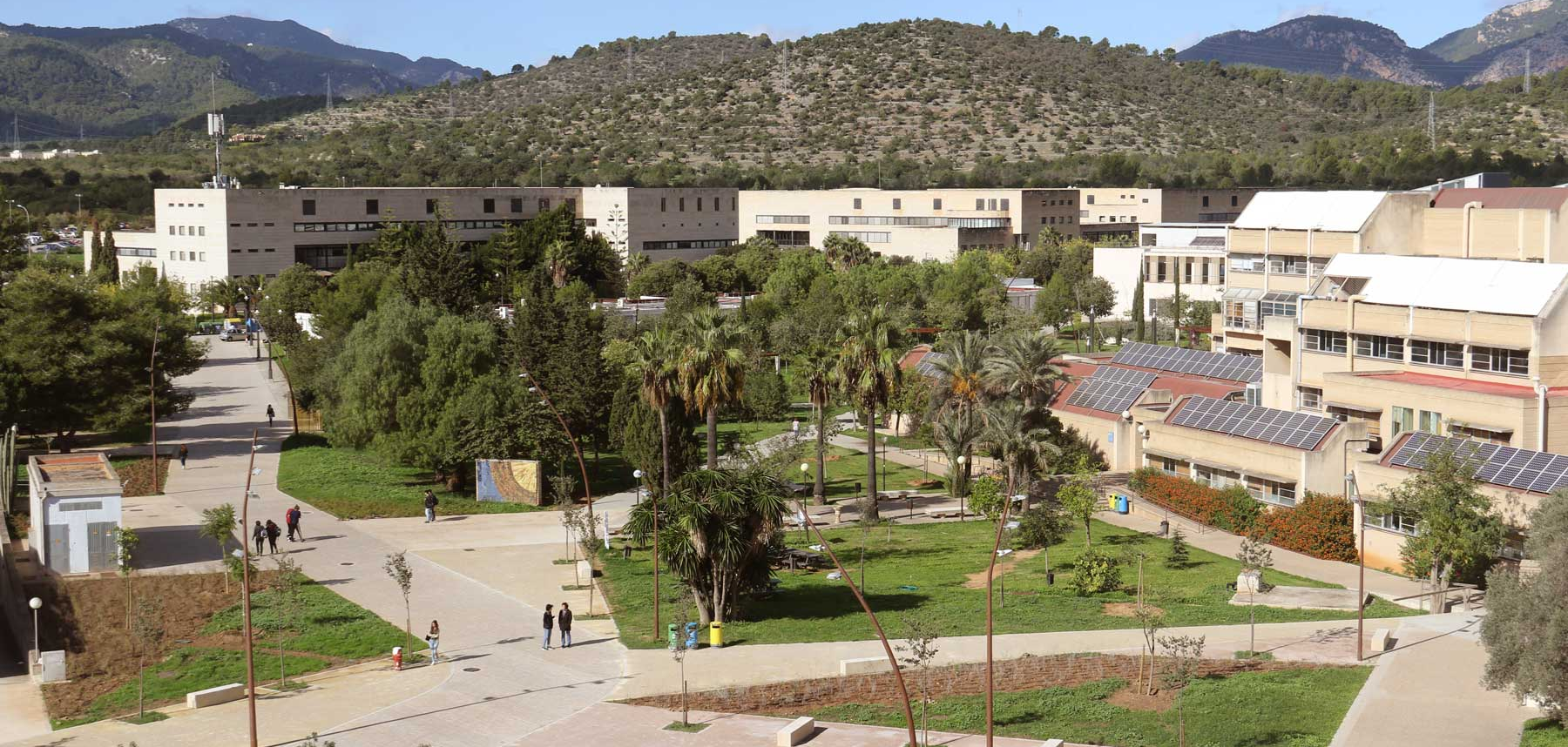"SDG Year 7. Innovation to achieve the 2030 Agenda: new sustainable business models".
ODS, YEAR 7 - INNOVATION TO ACHIEVE THE 2030 AGENDA:
NEW SUSTAINABLE BUSINESS MODELS
On the occasion of the 7th anniversary of the adoption of the United Nations Sustainable Development Goals (SDGs) - the action plan for people, planet and sustainability which sets out the international goals until 2030 -, the UN Global Compact Spain has presented this morning in Madrid, in collaboration with the Canal Foundation, its annual publication "SDG Year 7. Innovation to achieve the 2030 Agenda: new sustainable business models".
On this occasion, the document highlights the development of innovative solutions as an accelerator of the SDGs and analyses the commitment of Spanish companies to this value applied to sustainability according to a comprehensive consultation of more than 2,500 Spanish companies. It also examines eight emerging markets in terms of sustainability, providing companies with the keys to move towards these new business models from the main sectors of the economy and assessing the state of implementation of the SDGs, as well as their work in innovation.
Specifically, the document states that almost half of Spanish companies claim to be carrying out some type of innovation with a focus on sustainability and SDGs, although only 16% say that all their innovations are focused in this direction. In this regard, it is important to note that there are still many companies that are not carrying out this type of innovation (51% of the total), mainly those that do not have a deep knowledge of the 2030 Agenda. Considering their size, large companies are the ones that carry out more innovations focused on sustainability and SDGs, in 68% of the cases. In the case of SMEs and micro-enterprises and self-employed workers, this percentage drops to 44% and 32% respectively.
On the other hand, the sectoral analysis of this question reveals that companies in the utilities and energy sector are the ones that carry out more innovations related to sustainability, with 87% of affirmative answers. This is followed by the telecommunications sector with 78% and the pharmaceutical and healthcare sector with 61%. The latter demonstrates the importance of innovation in the fight against diseases such as COVID-19. Among the least advanced sectors are professional services and sport and leisure, with only 36% of companies developing SDG-focused innovations. Textiles, lingerie and footwear is at the bottom of these innovations (32%).
In the words of Cristina Sánchez, Executive Director of the UN Global Compact Spain, "we need to drive innovation in business and unlock the opportunities it provides to accelerate the race towards the SDGs. This is not something exclusive to large companies or certain sectors, but can be taken on by the entire business community. Innovation can be, for example, in the way we develop business models and engage with stakeholders, positively impacting thousands of people".
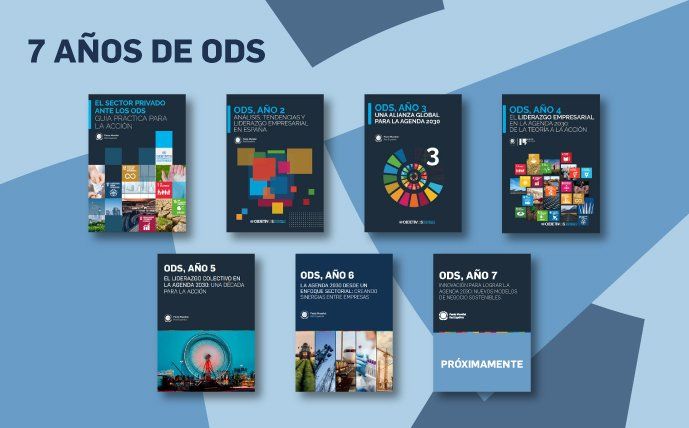
Cover of previous publications: SDG Year 1, SDG Year 2, SDG Year 3, SDG Year 4, SDG Year 5 and SDG Year 6.
Cover of the publication "SDG Year 7. Innovation to achieve the 2030 Agenda: new sustainable business models".
Technology applied to the SDGs, an incipient innovation in Spanish companies
New technologies are essential to provide sustainable solutions to today's problems in a smart and efficient way. However, more than half of Spanish companies still do not have technologies that have a positive impact on sustainability and the SDGs. On the other side of the scale, 41% of companies have technologies that have a positive impact on the SDGs.
On a sectoral level, this type of technological development is dominated, in addition to the technology sector itself (61.45%), by the agri-food sector and the construction and technology sector, with 51.39% and 50.45% of the companies consulted having this type of technology, respectivel.
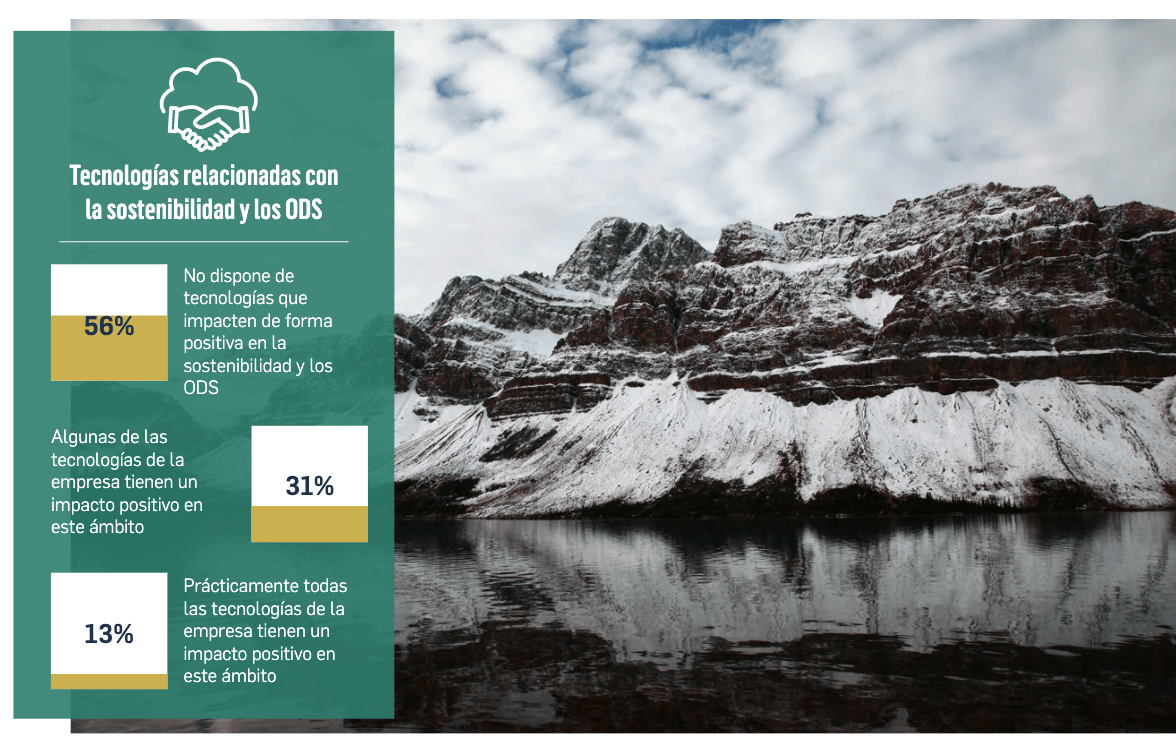
In terms of the most widely used sustainability-related technologies, the publication highlights the importance of access to quality information through different technologies such as: real-time data collection, sustainability-focused software and big data collection and analysis.
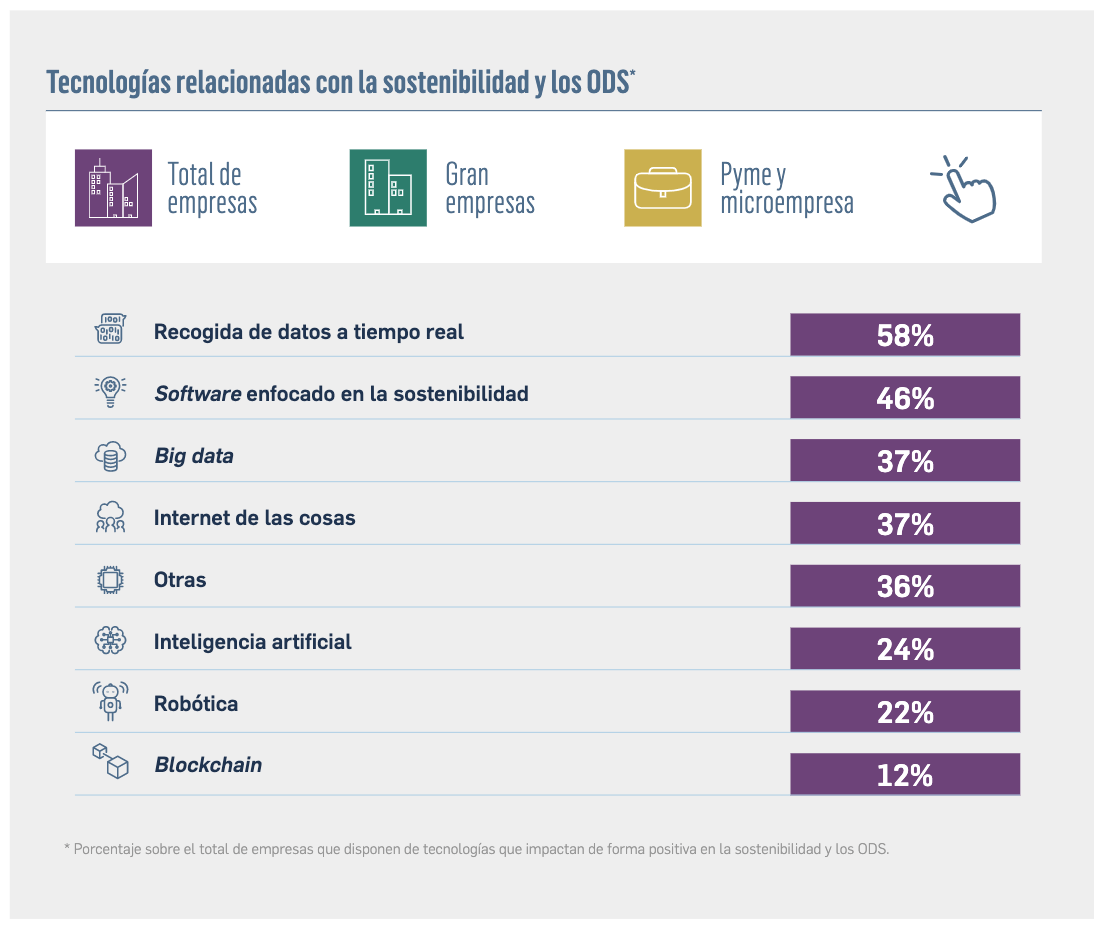
Finally, other innovations such as artificial intelligence and robotics do not yet seem to play a major role in business sustainability, especially among SMEs and the self-employed. Even so, Sanchez says that "they are set to be key technologies to accelerate business progress in sustainability".
If you don't have much time to read the report, we leave you with this video that presents the content in a summarised and entertaining format.
Publication source:
https://www.pactomundial.org/noticia/el-49-de-las-empresas-espanolas-aplican-la-innovacion-en-el-ambito-de-la-sostenibilidad-y-la-contribucion-a-los-ods/
Más notas de prensa...
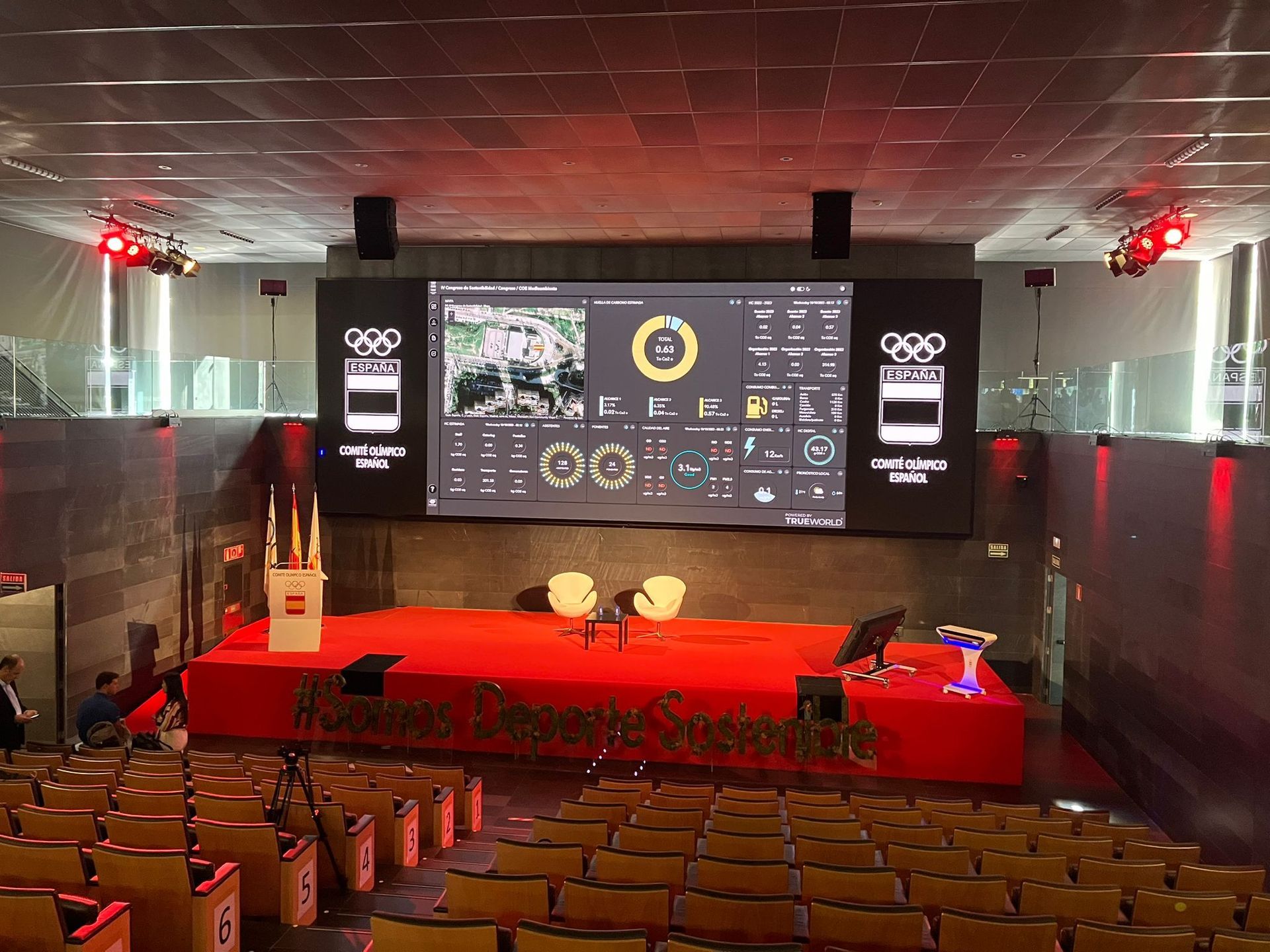
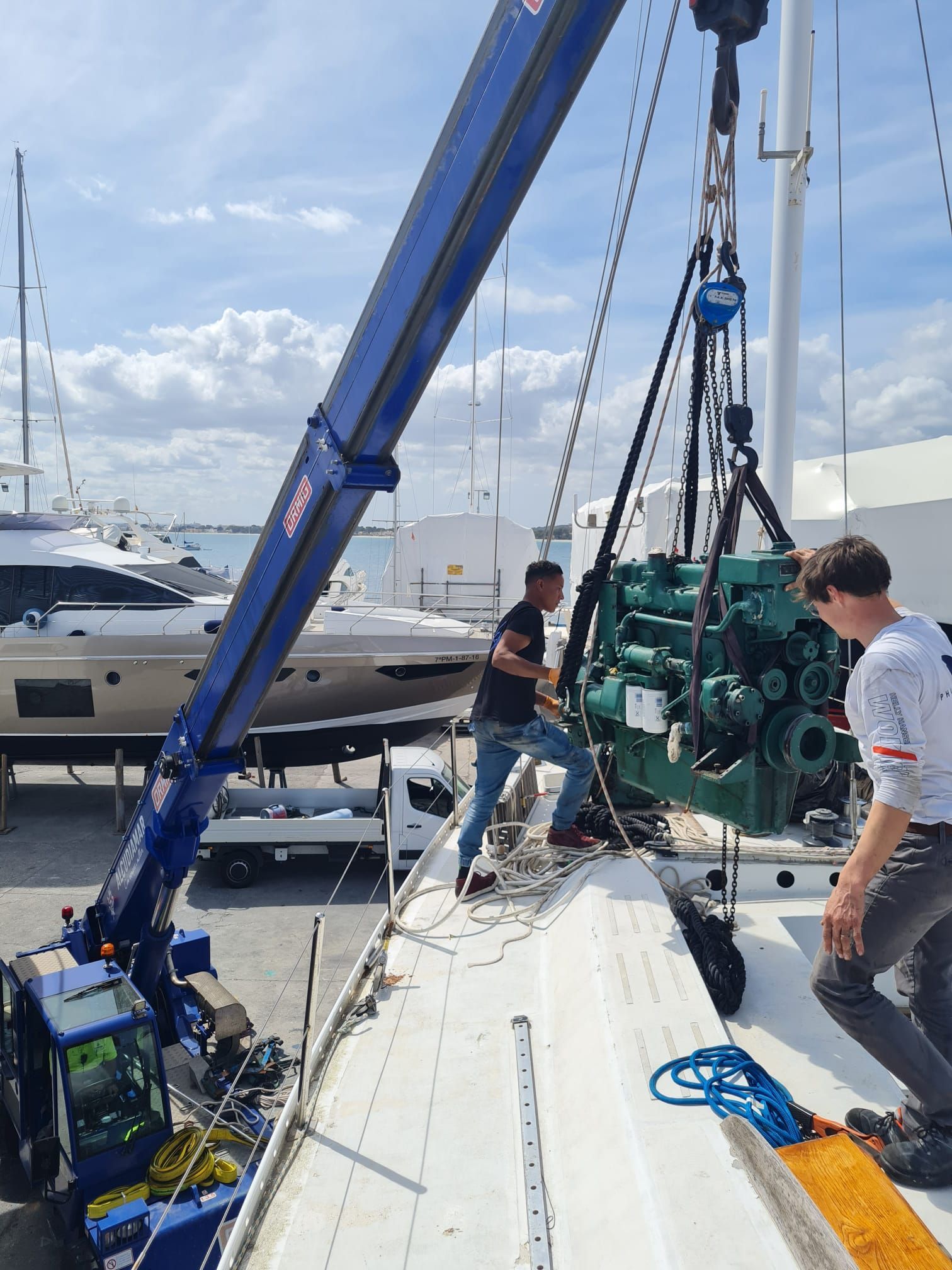
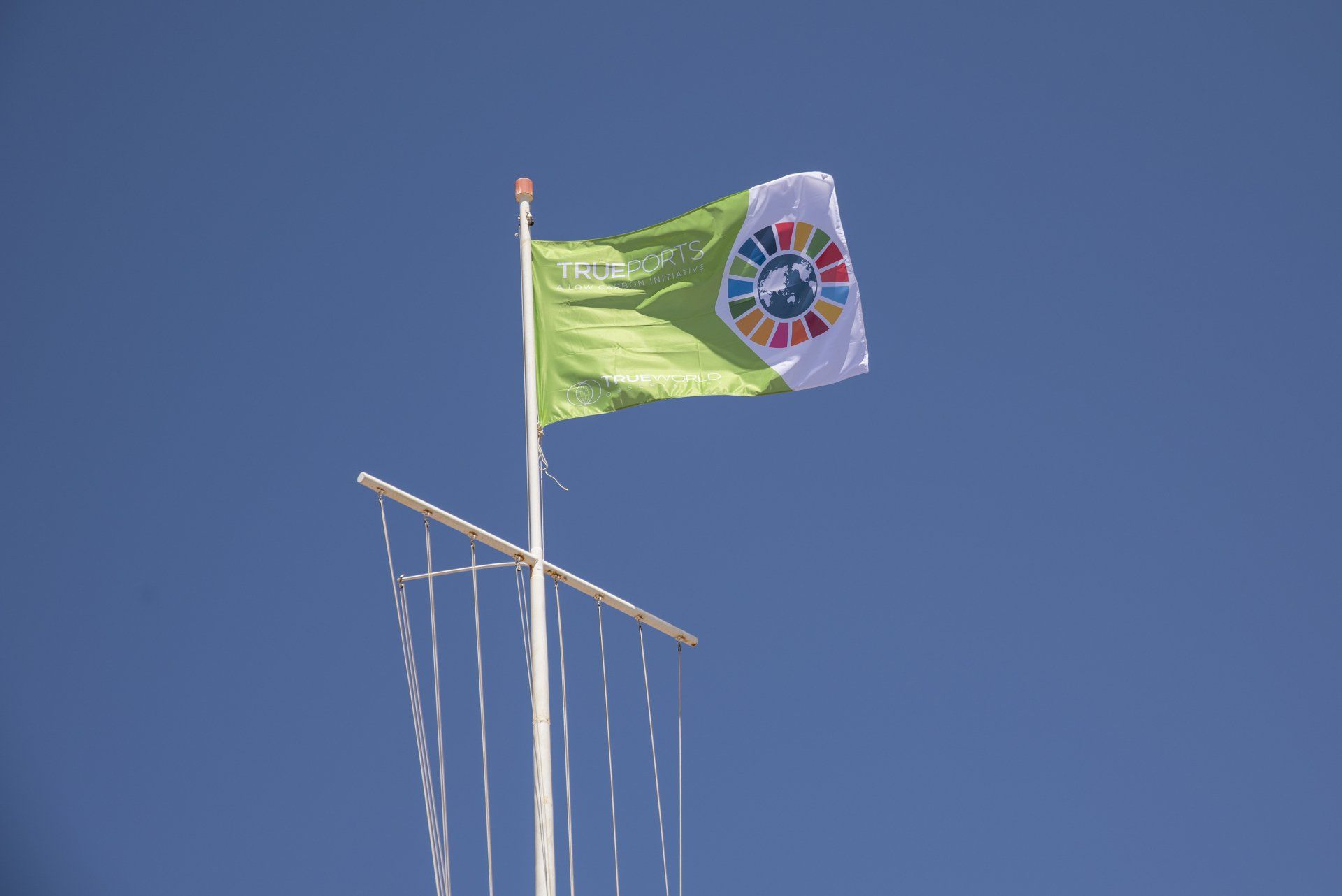
Compartir
También te puede interesar...
